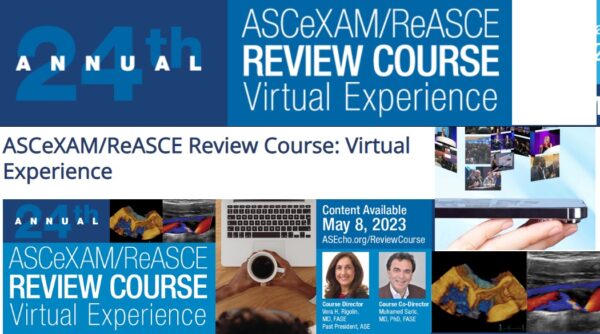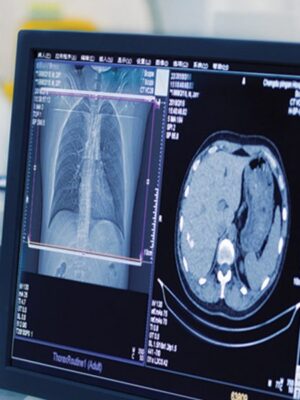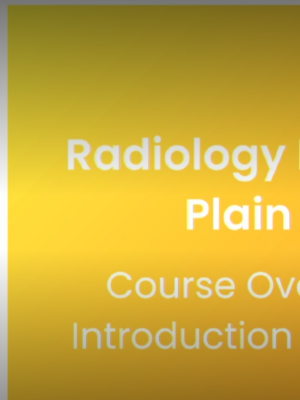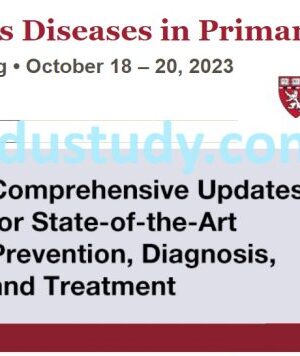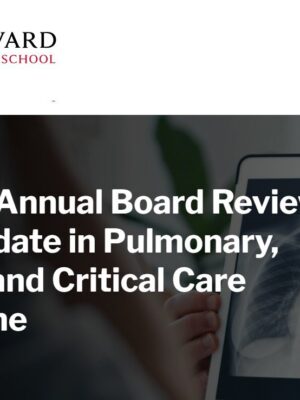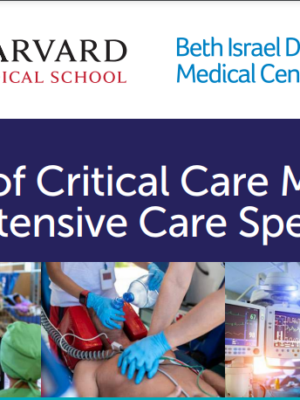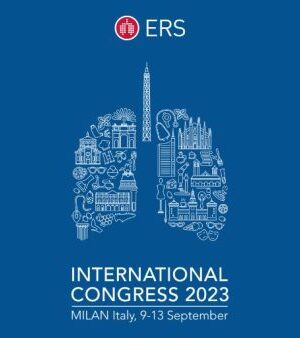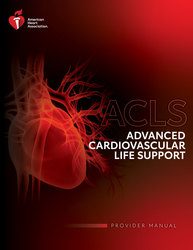No products in the cart.
Learning Objectives
Upon completion of this course, participants should be better able to:
Explain the essential physical principles of cardiac ultrasound.
Recognize common ultrasound artifacts and their genesis.
Estimate systolic function using standard M-mode and 2D echocardiography, as well as newer modalities such as strain imaging and 3D echocardiography.
Identify and quantitate valvular heart disease severity.
Describe the application of Doppler in the assessment of hemodynamics and diastolic function.
Perform clinically relevant calculations of valve areas and intracardiac pressures.
Explain proven techniques for interpreting stress echocardiographic examinations.
Differentiate features of cardiac tamponade, constrictive pericarditis and restrictive cardiomyopathy.
List appropriate applications of echocardiography.
Recognize newer applications of echocardiography such as myocardial contrast.
Featuring All New Content
2023 Faculty
Presentation Topic
Akhil Narang
Cardiac Masses and Cardiac Sources of Embolism
Akhil Narang
Which formulas should I know for the exam?
Akhil Narang
More formulas I know for the exam
Benjamin Eidem
Primer on Fetal Echo
Benjamin Eidem
Congenital Heart Disease: An Approach for Simple and Complex Anomalies
Cynthia Taub
Echocardiography in Heart Failure, LVADs and Heart Transplant
Cynthia Taub
Degenerative Mitral Valve Disease
Cynthia Taub
Tricuspid and Pulmonary Valve Disease
Cynthia Taub
Mitral Stenosis
Gerard Aurigemma
Chamber Quantitation: LV, LA, Ao (2D&3D)
Gerard Aurigemma
Spectral Doppler and M-Mode Echo Cases
Gerard Aurigemma
Global and Regional Systolic Function: Basics of Remodeling, Hypertrophy and LV Mass
Gerard Aurigemma
Echo-Doppler Assessment of Right and Left Ventricular Hemodynamics
Lucy Safi
Echocardiographic Evaluation of Pericardial Disease: Constriction vs. Restriction
Lucy Safi
Echocardiographic Evaluation of Mitral Valve Prostheses
Muhamed Saric
Basic Ultrasound Physics
Muhamed Saric
Fundamentals in Doppler Physics
Muhamed Saric
Hand Held Echo
Muhamed Saric
Artifacts: Theory and Illustrative Examples
Muhamed Saric
Diseases of the Aorta
Noreen Kelly
Normal TTE Examination, Doppler Echocardiography and Normal Antegrade Flow Patterns
Noreen Kelly
Stress Echocardiography: Theoretical and Practical Considerations
Noreen Kelly
The Athlete’s Heart
Renuka Jain
Endocarditis and Its Complications: The Role of Echocardiography
Renuka Jain
Normal TEE Examination: Applications, Pitfalls, Probe Insertion and Manipulation, Risks and Complications
Renuka Jain
Primer of Interventional Echo
Sangeeta Shah
Commonly Encountered Congenital Heart Disease in Adults
Sangeeta Shah
Pregnancy and Heart Disease
Sharon Mulvagh
Contrast Echocardiography
Sharon Mulvagh
Concepts of Imaging and Knobology
Sharon Mulvagh
Echocardiography in Systemic Disease
Steven Lester
Echocardiographic Evaluation of Diastolic Function and Findings in Normal Aging
Steven Lester
Hypertrophic Cardiomyopathy
Steven Lester
Deformation Imaging
Sunil Mankad
Hemodynamic Assessment of Mitral Regurgitation
Sunil Mankad
Different Variants of Aortic Stenosis
Sunil Mankad
Evaluation of Aortic Prosthesis
Sunil Mankad
Complications of Myocardial Infarction
Vera Rigolin
Welcome and Overview of ASCeXAM/ReASCE Exam
Vera Rigolin
Functional Mitral Valve Disease
Vera Rigolin
How to Assess Aortic Stenosis
Vera Rigolin
Evaluation of the Right Ventricle
Vera Rigolin
Quantitation of Aortic Regurgitation

